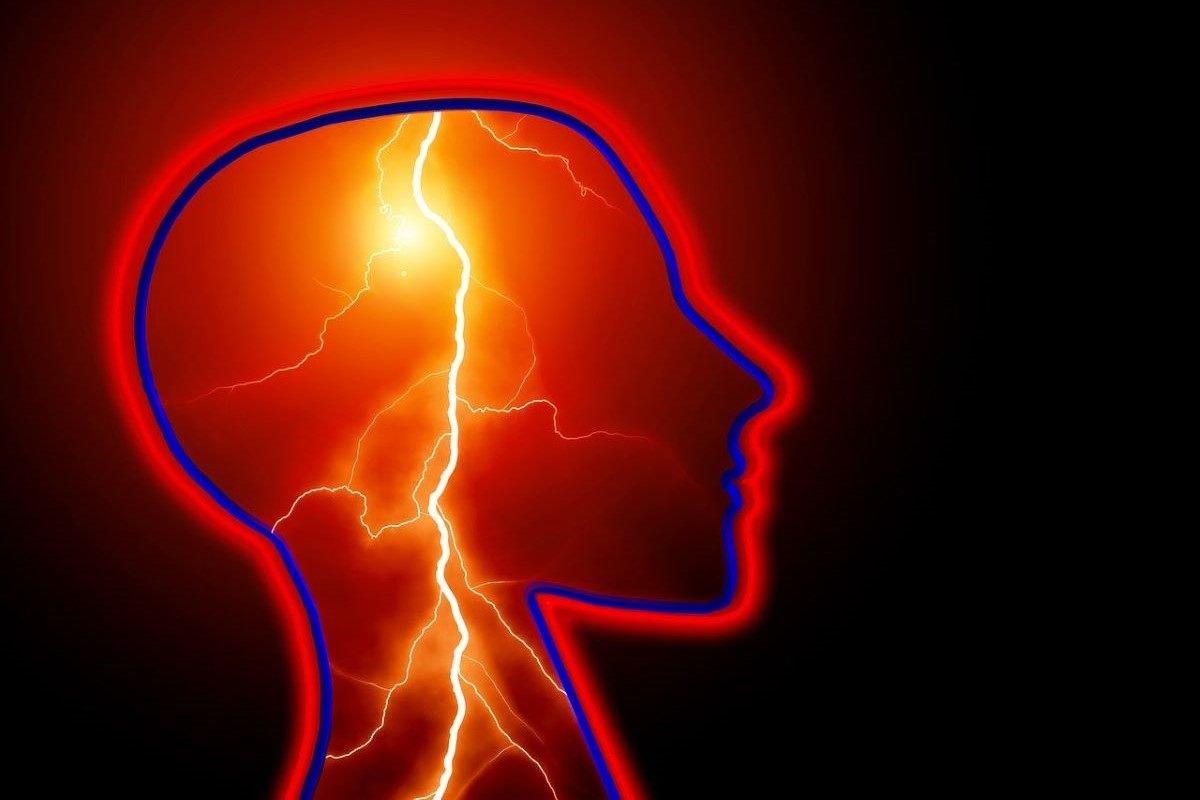Heatwave Increases the Risk of Stroke, Experts Warn
Not everyone knows that an excessive increase in temperatures also carries the danger of stroke. How to defend yourself? The long-awaited summer heat is really making itself felt these days. Temperatures are rising everywhere, with peaks of over 40 degrees, and, thanks to the high levels of humidity or smog, the perceived heat goes well beyond the threshold. In addition to the inconveniences that we all know, the heatwave presents a more subtle but potentially fatal pitfall: an increased risk of suffering a stroke.
Now that our country is entering a rather delicate weather phase, destined to last for at least a week, a special eye towards our body is essential. The combination of heat and humidity represents a deadly mix especially for the elderly, the sick, and frail individuals in general, which in the most serious cases could lead to irreversible brain damage. But even young people need to be on their guard.
A new study published in the prestigious journal Nature has highlighted the risks associated with heatwaves and intense efforts such as those to which one undergoes during demanding physical exercise. Precisely for this reason, even young subjects are considered potentially at risk.
Regarding heatstroke, the researchers explained that “pathological studies reveal endothelial cell injury, inflammation, widespread thrombosis, and bleeding in most organs.” Furthermore, “heatstroke survivors can experience long-term neurological and cardiovascular complications with a persistent risk of death.
As many of you already know, in the event of a stroke, it is essential to intervene in a timely manner: the sooner the patient is taken care of, the greater the chances that the therapies can have a positive effect. Often a few seconds are enough to avoid irreversible results. In the case of the heat of the summer period, criticalities increase because the immune defenses can weaken, at the risk and peril of the most fragile.
“However, if we look at the individual cases – warns Prof. Massimo Del Sette, Director of Neurology at the San Martino Polyclinic in Genoa, questioned by colleagues from the newspaper The Republic – we can detect how conditions typically related to heat and its consequences may be a clear risk factor for stroke”.
What is the mechanism that can trigger such serious consequences? It all begins when our body dehydrates in the presence of high temperatures. Sweating is an attempt to lower body temperature. The problem is that in doing so the blood becomes less fluid and more viscous, so that, in the most serious cases, an occlusion of the cerebral artery can occur. Precisely for this reason, it is absolutely not recommended to undergo intense physical efforts when it is very hot.
The aforementioned Prof. Del Sette points out that stressing our body when the heat hits hard can “cause an increase in blood pressure and favor not only ischemia but also cerebral hemorrhages”. It should not be forgotten that vasodilation, again in response to heat, can have a number of effects on cerebral hemodynamics with changes in blood pressure and cerebral perfusion pressure.
How to defend yourself? The first weapon, in these cases more than ever, is always prevention. A correct lifestyle, frequent hydration, adequate protection from high temperatures, especially during the hottest hours of the day, can make a big difference and literally save our lives. Woe to underestimate the dangers of the hot climate.
That said, however, it should be borne in mind that heatstroke can affect brain health even a long time after the event. Several studies worthy of further study have shown that major cognitive disturbances may arise after months or even years, with percentages ranging between 10 and 25% for these cases. Radiological tests also show that specific brain areas, such as the cerebellum and hippocampus, can suffer damage from episodes dating back perhaps a year earlier.
In addition to the elderly and frail, such as patients suffering from chronic lung and heart conditions, the obese and those who use drugs are also particularly vulnerable. For all these reasons, experts agree that, before leaving on vacation, it would be advisable to have a complete check-up with your doctor to understand to what extent you are exposed to any risk factors capable of leading to a dramatic event like a stroke.
